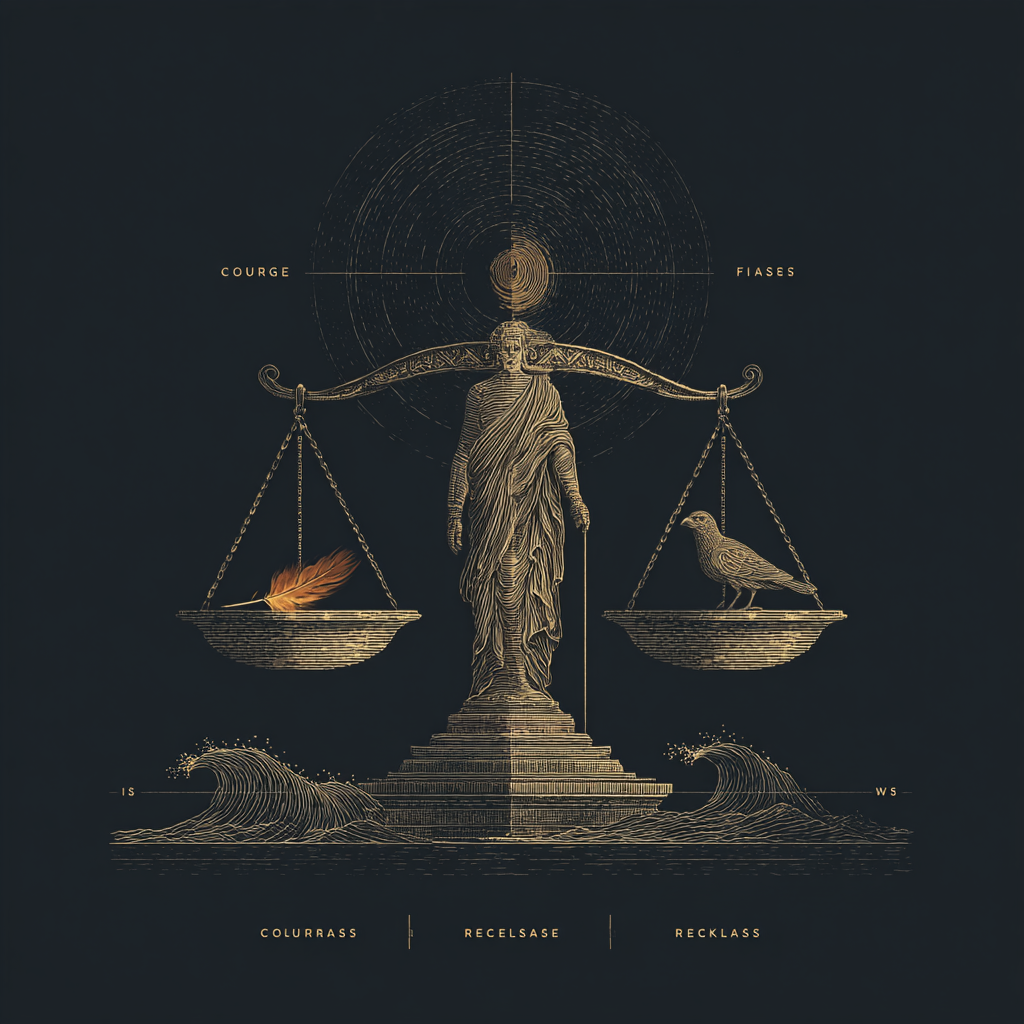Strategy #20: Stoicism, Natural Law, and Virtue Ethics in Scapegoat and Narcissistic Abuse Recovery
Core Stoic Principles for Family Dynamics
Number 20 is stoicism. In stoic principles, two important concepts: natural law and virtue ethics. Virtue ethics comes originally from Aristotle, but the stoics revived virtue. Virtue is between two extremes—right balance of characteristics.
For example, with risks: courage means taking rational, proper risk given circumstances—not cowardly, not reckless.
In family dynamics: How can I be stoic? Honor natural law—the situation I'm in. What is proper action given difficult circumstances and what I know about my family?
Seneca’s Resilience in Adversity
Seneca, often turned to, wrote Meditations amid hard times as emperor. His journal reflects how to live a good life despite dramas.
If Seneca dealt with those challenges, you can too—reflect on circumstances, choose strategies, act with calm determination.
Stoicism evokes calm, steadfast strength—many men turn to it. Balance with emotional intelligence; don’t cut off emotions. Honor what you know to be true, operate accordingly, stay calm in the storm of family rapids.
Advanced Application: Daily virtue audit—rate courage, justice, wisdom in one family interaction (1–10 scale); journal extremes avoided, align with natural law (e.g., “Limited contact honors my well-being”).
Integration for Lasting Empowerment
This cultivates reflective resilience, prevents reactive cycles, and accelerates complex PTSD recovery in narcissistic family systems.
What stoic virtue helped you most this week? Comment below.
Access stoic practices in my Scapegoat & Narcissistic Abuse Recovery Course with 45-page Healing Toolkit. Learn more.


